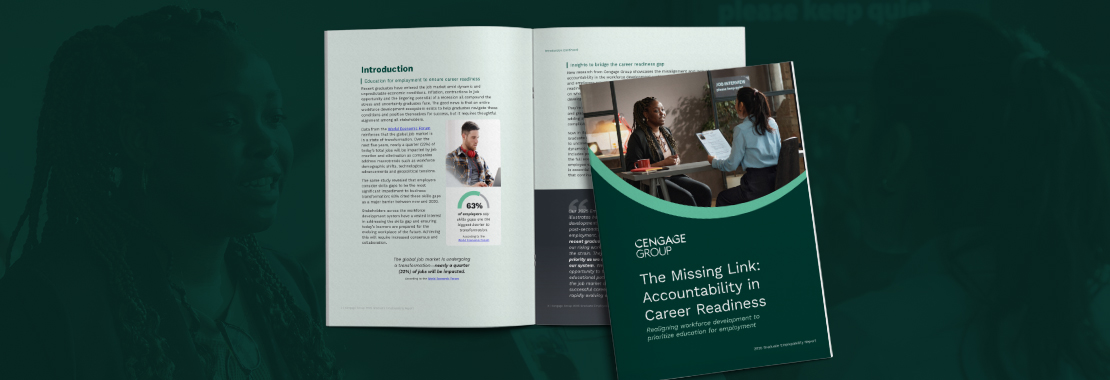2025 higher ed graduates are navigating a challenging job market, with shrinking job opportunities and mounting degree requirements resulting in the tightest entry-level labor market in five years.
Now in its fifth year, our 2025 Employability Report surveyed 865 full-time hiring managers, 971 recent graduates and, for the first time, 698 post-secondary instructors across the U.S, exploring the growing disconnect between educator priorities and employer expectations.
Job market narrows as career readiness gaps expand
Fewer graduates are getting their foot in the door when it comes to entry-level positions. This year, 76% of employers are hiring the same or fewer entry-level workers, a 7% increase from the previous year. At the same time, degree requirements are beginning to stack up, with 71% percent of employers now requiring a two- or four-year degree for entry-level roles, up from 55% in 2024.
Educators’ focus vs. employer needs
There’s also a growing gap between educator and employer priorities. While employers are looking for grads with a technical skillset, educators are placing more focus on teaching soft skills, like critical thinking and problem-solving.
What other trends are we seeing?
- Just 30% of 2025 graduates have secured full-time jobs related to their degree.
- 48% of graduates say they feel unprepared to even apply for entry-level jobs in their field.
- 56% of unprepared grads cite job-specific skills as their biggest gap — skills they needed but did not obtain during their degree program.
“The widening career readiness gap, along with the growing demand for upskilling driven by technological advancements like AI, is creating an urgent need to rethink how we equip learners for future employment.” – Michael Hansen, CEO of Cengage Group


